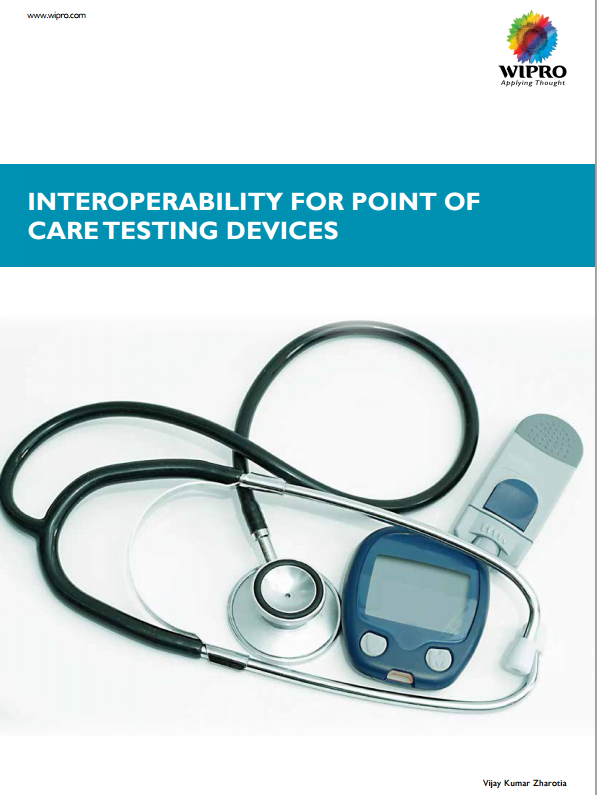Point of Care Testing (POCT) enables rapid diagnostic tests to be performed at or near the site of patient care. This allows for the immediate generation of test results which can then be instantly acted upon, improve decision-making at the time of care and shared with all members of the medical team.
POCT devices are used in both a clinical and non-clinical settings. Complex clinical tests such as cardiac or coagulation testing are often conducted within a clinical setting, however, a number of devices are used within mobile units, ambulances etc. POCT devices must therefore plan for device use outside of a clinical setting and must consequently take into account the need for connectivity, portability, longer shelf life of reagents and kits and ensure the device usability.
The digitization of medical health records has resulted in a greater need for connectivity among devices and the ability to aggregate data from multiple devices into a single, central system. The aggregation of this data in itself can become a major challenge as providers attempt to aggregate information from multiple devices with proprietary interfaces.
Wipro Ltd. advises that POCT1-A2 is the approved standard for point of care device interoperability and recommends that providers adopt a framework-based approach that can help address the challenges of integrating POCT devices by standardizing implementation across devices, leading to ease of maintenance and better ROI for medical device vendors. POCT1-A2 addresses the problems of Point of Care Testing device connectivity and message formats for information exchange between the POC data manager and the device for patient results, operator list, patient list, calibration and QC results, and other scenarios.


Join Wipro and Generis Group at the American Medical Device Summit 2015 taking place next week in Chicago!